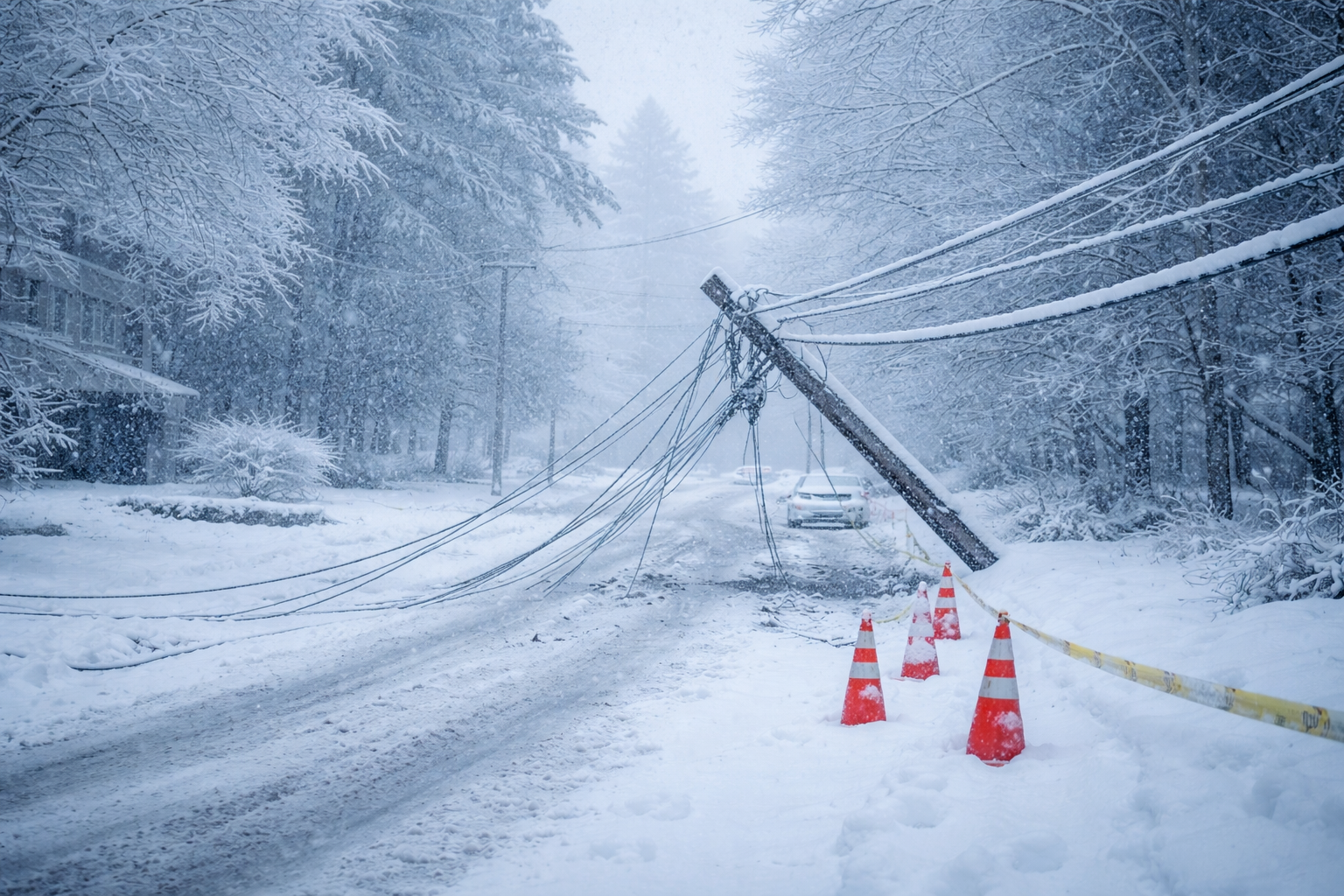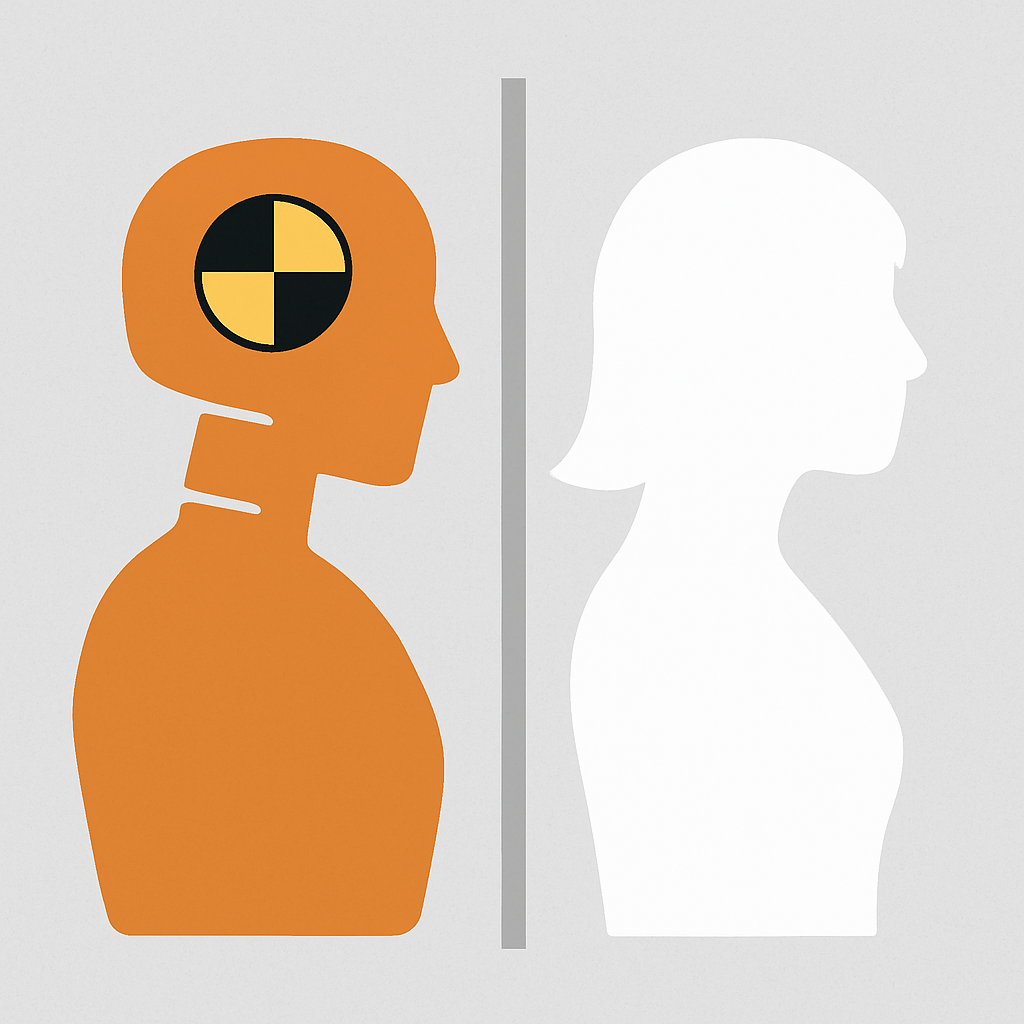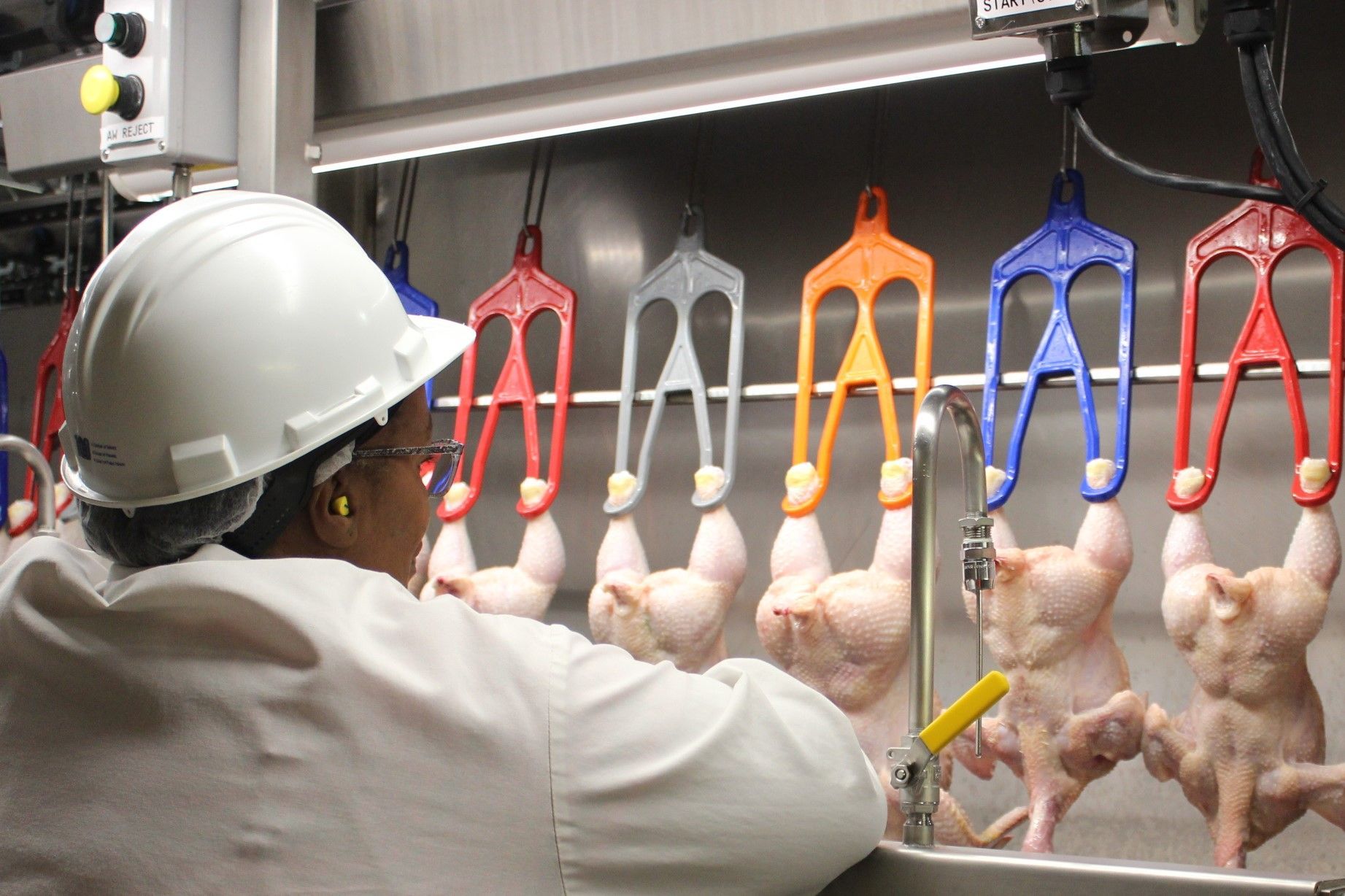WARNING: COVID-19 IS NOT OVER!
Rip off your mask! Run, don't walk to your favorite bar, restaurant or neighbor's raucous indoor party! Hug the persons you love, even the complete strangers you meet on the street! Go shopping again, in person, in a real store with crowds pushing and shoving you in a scene reminiscent of my childhood days during a sale at Filene's Basement, Boston's notoriously cheap haven in the days of yore before Amazon conquered all things good. Go back to the offices we used to hate going back to! We can finally return to normal, whatever that means and not have to grab a calculator to determine the risk/benefit ratio of every activity we engage in during our waking hours from greeting our mailman to picking up a pizza or even eating it, heaven forbid, inside the pizzeria.
Hold it! Not so fast, my friends. Despite the lifting of most mandates by Governors and local politicians (and reinterpreting their recommendations, as only the CDC, master of "government speak" can do best), it is not a time to completely let down our guard. Let's look at the numbers. As of this writing, approximately 100,000 Americans are newly diagnosed with Covid-19 EVERY DAY while almost 2,000 of us are still dying from this dreadful disease every single day. Unless that statistic changes, we would lose almost 3/4 million Americans a year from Covid-19. To put that in perspective, according to the CDC, between 12-52,000 Americans die every year from the flu. And, while we have made tremendous gains in our vaccination rates, still about 1/3 of our eligible population remains to be vaccinated at all...think about it...that's over 100 million Americans who are still not, and likely to never get vaccinated. And, if you want to think about this from a global citizen's point of view, only 63% of the world's population has received at least one dose of a Covid-19 vaccine. And that statistic drops to a shocking 12.9% of people in low-income countries having received at least one dose.
And, before we celebrate too wildly about the supposed retreat of Covid-19 from a frightening pandemic to a manageable endemic, let's not forget that only three months ago, Omicron was only known to American mathematicians as a Greek letter. Since December 1, when it came to us from South Africa, it spread throughout the U.S. faster than a California wildfire gone awry, infecting both the vaccinated (even many with booster shots) and the unvaccinated, although with more serious effects in the latter group. Any respectable epidemiologist or infectious disease expert will tell us that, given that about 40% of the world's population is still unvaccinated, representing over 3 billion people, there is a lot of room for the next variant...and make no mistake, there will be a next varant...to spread and grow, possibly with even more capability than Omicron, to dodge our current vaccination protocols.
In short, until the world achieves immunity from vaccination (or sadly, infection), we still need to keep our guard up, at least somewhat, depending upon the infection rates and vaccination rates in our neighborhood, village, county, state and country (since many of us can't wait to start traveling again, hoping we don't expire before our miles). I can't and won't tell you what to do with your life and the risk calculations you may still be calculating. I can only tell you what I am doing, which is keeping my mask on in most indoor settings, especially when crowds are likely present (e.g., supermarkets, museums, movies, theatres, clubs, synagogues, etc.). I am also, as we move into Spring and Summer, going to do most of my restaurant dining outdoors. For me, these simple precautions will make me feel safer and, hopefully, keep me and those around me safer not just from Covid-19, but from the common cold and flu, neither of which have struck me in the 2 years that I have been masking up.














